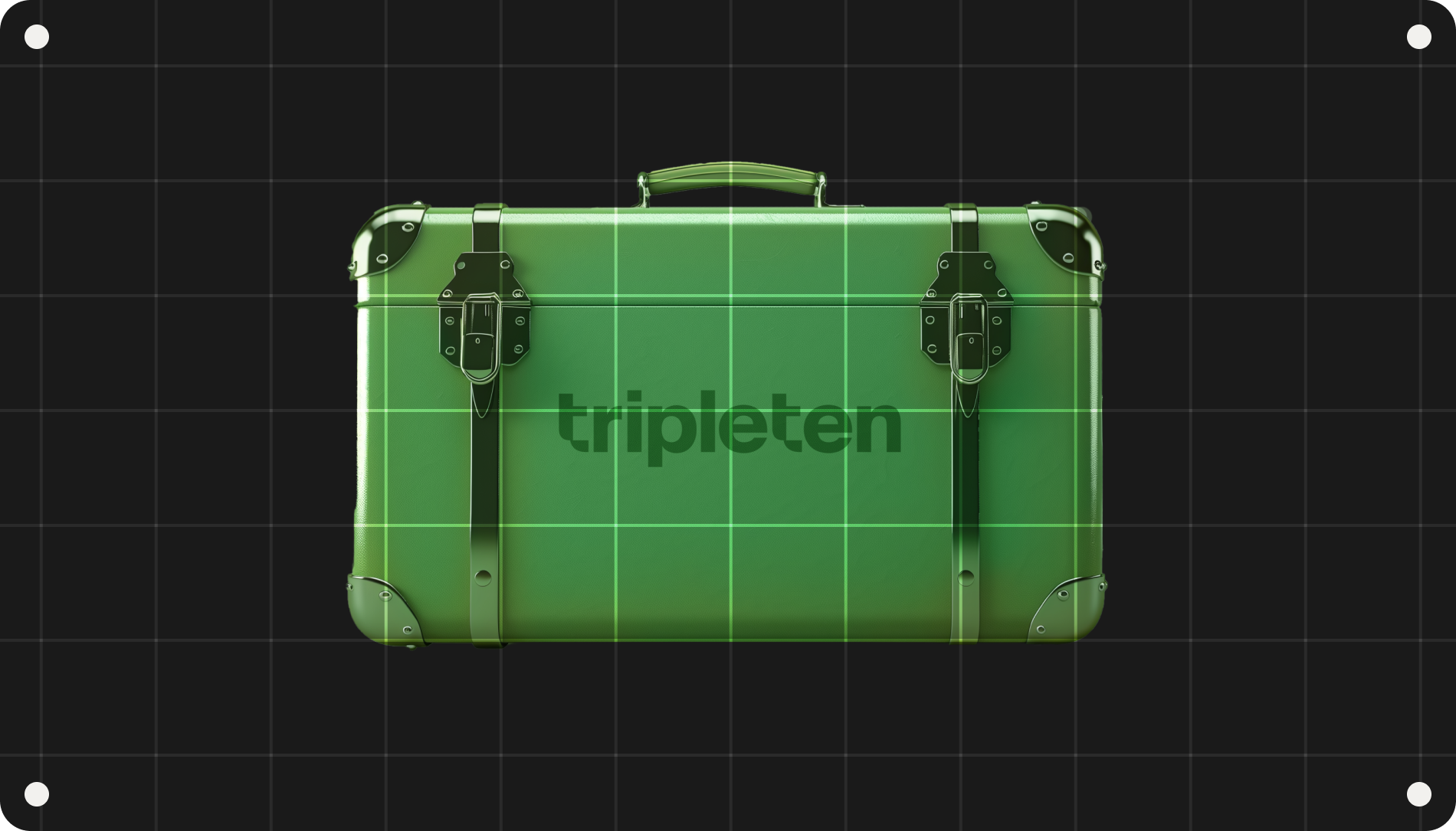Long gone are the days of needing a traditional tech background to start your DA career. TripleTen Data Analytics bootcamp alum Pedro Giestas Gomes once manually processed Excel spreadsheets for corporate pension funds. He lacked technical skills (like knowledge of Python) and didn’t have any contacts in the IT industry. Today, he’s a data analyst at GEFCO. Beginner’s luck? Not at all. Learn how he did it below!
Find out if data analysis is for you
First, let’s delve into what a data analyst is. Data analysts turn raw data into valuable information, supporting decision-making processes, identifying and visualizing trends and researches, as well as gathering insights basically in every industry. A successful data analyst can compare facts, connect the dots, and draw conclusions based on the information at hand. Numbers and math problems are the bread and butter of this field, so if they excite you, then you’re off to a good start.
Attention to detail and patience are also key. Routine work shouldn’t feel like a chore and double-checking your work should triple your enthusiasm. If you enjoy a challenge and want to learn more about business processes, then data analysis may be the field for you.
In Pedro’s case, for over three years, he had been working at an international consulting company, where his tasks involved drawing up financial data for corporate pension funds. "[Manual search] took a lot of time," Pedro recalls. "I used to work 10-12 hours per day and I was like, 'Jesus, this is awful, I need something different.'"
He also noticed that financial analysis jobs had started requiring technical skills he didn't have, like proficiency in Python, R, SQL, and Power BI. His company didn't provide any learning opportunities to its employees, and Pedro realized his role would eventually be automated. As prospects of unemployment started to loom over him, he decided to do some research to see where he could take his career.
Get the skills you need
You don’t need a degree in mathematics or statistics to become a data analyst. However, basic knowledge of the terminology and an ability to interpret data will help you get your foot in the door. (For example, Pedro was proficient in Excel!)
When it comes to technical skills you can start with at least one programming language, like Python or R, and be able to write queries to SQL databases.
Mastering tools like Tableau, Power BI, and Amplitude in order to create a visual demonstration of your conclusions and metrics in the form of a user-friendly dashboard should also make an appearance in your hard skills repertoire.
Moreover, you will need to learn to think in terms of business tasks. In other words, being able to distinguish between things like statistics and hypotheses.
Create and upgrade your portfolio
While you could learn a programming language, soft skills are another beast. Mastering the required soft skills for data analysis will take time, experience, and (plenty of) practice. See, you’ll be tasked with developing a thinking style aimed at solving real-life business problems. And the more cases you solve, the more experience and expertise you’ll acquire (The more, the merrier!)
Learning a new profession could present some challenges, namely lack of experience, since employers typically look for professional portfolios when considering data analyst candidates. One advantage of TripleTen’s Data Analytics Bootcamp is that you study and practice at the same time. Students have a chance to work with real-life data. So, by the time you graduate, you’ll have a 12-project portfolio in your job hunting arsenal!
When Pedro's CV first caught the attention of Teleperformance, an international company that offers business process outsourcing and consulting, they had been seeking data analysts. Impressed with his skills, they asked him to complete an assessment. Luckily, he was already doing a similar project for TripleTen, so he knew exactly how to get the job done! After nine months there, Pedro moved to the next step in his new career. Now he works as a Data / BI Analyst at GEFCO.
Land a job
Data analysts are needed in a variety of industries – from retail to gaming, so there’s a lot to choose from. Start searching for vacancies that require the skills you’ve mastered during your studies, like Python, SQL, and Tableau. And remember, companies don’t expect a beginner data analyst to be able to do everything at once. Your drive is what’s important. (Pedro sent out his CV, and thanks to his new Python skillset, he got quite a few callbacks!)
Also, employers look for talent on GitHub and LinkedIn, so make sure to create an account.
Of course, TripleTen's support doesn’t stop at you learning a new skillset. Our students and alumni are guided by career mentors, who review students' portfolios and help them create profiles on relevant platforms. Students also get access to mock interviews, tips, videos, and Q&A sessions with industry experts. And it does the job — 87% of TripleTen alumni get hired within 180 days, and with a median starting salary $78,500 per year.
Why it will work for you
According to Statista, the global volume of data is growing exponentially, so people who can navigate hundreds of zettabytes of data and help businesses make the right decisions will be in high demand.
You don’t need superpowers or years of training to become a data analyst. With the TripleTen bootcamp, you can learn tools like Python, SQL, Jupiter Notebook, and Tableau in few months. In addition, students get guidance in creating the perfect CV and study ready-made cases that help them glide through the interview process well-prepared.
Start your data analyst journey with our top-rated program today!
.png)







.png)






